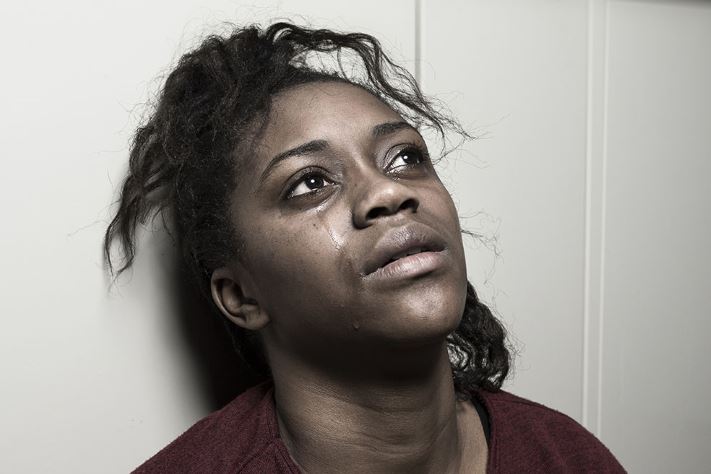21st April 2017
Modern Slavery is considered to be the most hidden form of exploitation in the UK. Recent research from the National Crime Agency (NCA) shows an estimated 10,000-13,000 victims currently live in the UK.
The Institute of Health Visiting (iHV) is lending its weight to a Government campaign in partnership with The Salvation Army and child protection charity AFRUCA, working to reduce the number of Domestic Slavery cases in the UK.
Often young girls are brought to the UK with the promise of a ‘better life’ – that may involve better pay or access to education – in return for working as a ‘househelp’ for a family with links to their own. This set-up can be beneficial for both parties, but when the relationship is taken advantage of, young girls can end up isolated from their families, working exhausting hours for little or no pay without access to education or healthcare and facing daily abuse.
Health visitors are in an often unique position to see behind closed doors and, with this in mind, the campaign is encouraging health visitors to be able to spot the signs of someone living in domestic slavery and report any suspicions to the Modern Slavery Helpline.
There are things to look out for if you suspect someone is living in Domestic Slavery:
- Do they work in excess of normal working hours or seem to be on call 24 hours a day?
- Does the person seem afraid or anxious?
- Do they seem to stand out from other family members e.g. are they quieter, wearing poorer quality clothing etc.?
- Has the person been harmed or deprived of food, water, sleep or medical care?
- What conditions is the person living in? Do they have a room to sleep in?
- Do they interact with the family?
- Do they ever leave the house on their own other than taking children to school?
- Can the person freely contact friends or family?
- Have they had their passport and documents taken away?
The government and iHV have worked together to produce Good Practice Points for health visitors and an e-learning module. The key is to look for the signs that someone is being kept in unacceptable conditions and to report it confidentially – while being aware that the victim may not feel comfortable – or be able – to disclose their situation with the family present.
Shirley Mensah a health visitor, who is supporting the campaign says:
“As a health visitor our main aim is to support and help families. While we must put the needs of a family first, it is our duty to look out for and act on suspicions of slavery that may have taken another young person away from their own family. Victims of Domestic Slavery are often too frightened to seek help and don’t know who to turn to. They rely on us to confidentially report any suspicions to the Modern Slavery helpline – and it’s vital we do so.”
If you’d like to report a suspicion, get help, advice or information call The Modern Slavery Helpline on 08000 121 700 or visit the website: www.modernslaveryhelpline.org


